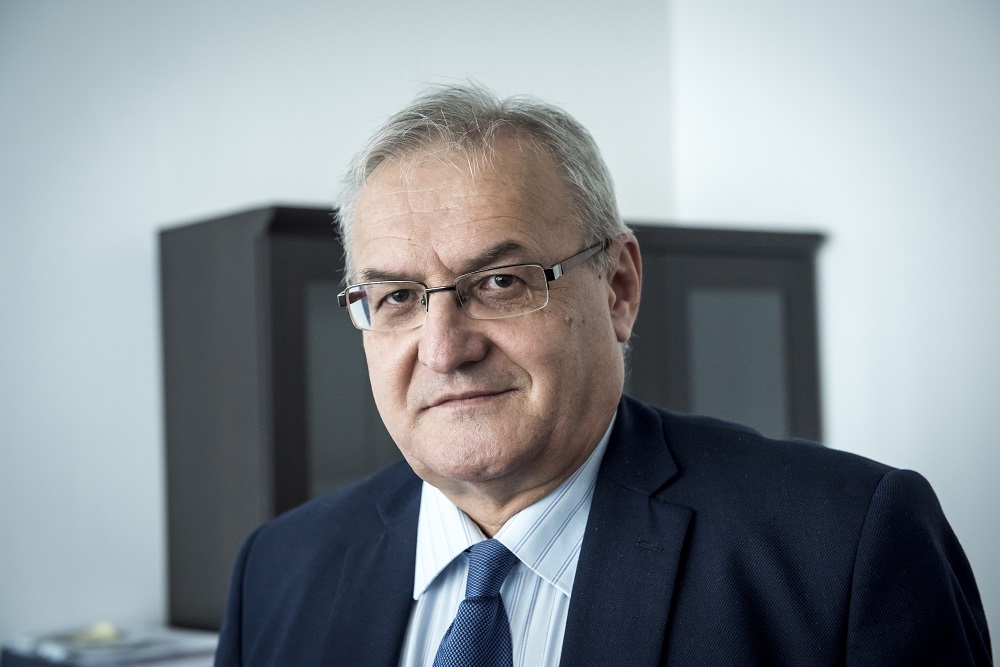 An impressive number of tourists visited Bosnia and Herzegovina during the New Year holidays, and Sarajevo dominated, according to some estimates, almost 100,000 tourists came to the city. Of course, everyone is delighted with this great tourist interest, especially those who have appeared as direct participants in the provision of tourist and catering services.
An impressive number of tourists visited Bosnia and Herzegovina during the New Year holidays, and Sarajevo dominated, according to some estimates, almost 100,000 tourists came to the city. Of course, everyone is delighted with this great tourist interest, especially those who have appeared as direct participants in the provision of tourist and catering services.
Since tourism produces multiple effects, then it is certain that a number of tourism-related activities have made significant business effects. In order to take advantage of the opportunity presented for the comprehensive development of tourism in Bosnia and Herzegovina, it is necessary to differentiate its place in the general development policy, since it must be borne in mind that tourism increases the macroeconomic stability of the national economy, accelerates local and regional development, which is directly reflected on the increase in employment.
We can objectively raise the question of whether we are ready, as a state, region or local community, to transform into a desirable tourist destination? Is there an adequate socio-cultural and psychological capacity, and if it is not at a satisfactory level, what should be done to improve this?
The socio-cultural capacity is conditioned by the specifics of the local community, the way of life, the cultural and ethnic characteristics and dominant economic activities, and it is usual to be expressed by the number of stationary tourists in relation to the number of permanently settled domicile population, while the psychological capacity of the tourist is conditioned by the tourist product, expectation and participation in the creation of this product.
Some of the world’s major tourist destinations, due to the pressures of mass tourism, began to lose their social and cultural identity, with changes in the way of life, abandoning traditional activities and increasing criminal activities. All this was due to the fact that domicile residents asked their countries to protect them from uncontrolled tourism growth by limiting and controlling the number and concentration of tourists. Negative impacts of mass tourism have also reflected on the emigration of the local population from the cultural and historical nucleus, which has also caused a disturbance of urban identity, saturation of space, a decrease in the quality of urban life and the quality of tourist experience.
The socio-cultural and psychological capacity is mostly influenced by the experience of tourists in space and time, the choice of attractions, the attitudes of tourists and the local population, the availability of content, the behavior of tourists, cultural similarities and differences between tourists and the local population, and the arrangement of services and the movement of tourists. Referring to the aforementioned factors, developed tourist destinations use different management procedures for development of tourism within the limits of acceptable changes in the socio-cultural and psychological capacity of the area, thus suggesting the differentiation of areas into zones for more intensive tourism development, “frontstage” zone, then residential zones and settlements of the domicile population, so-called “backstage” zone, and protective belts between these units, so-called “buffer” zone. Also, tourists are trying to adequately inform and point to different modalities of movement in the destination. It is very important for every destination to encourage a year-long offer and reduce the seasonal concentration of tourists.
Objectively, Bosnia and Herzegovina, with its natural and cultural attractions, has become a space that slowly enters the world’s tourist maps, but tourism is still viewed exclusively through the prism of the economy, while the impact of tourism on society is neglected. Therefore, in studying tourism and planning its development, much more attention should be paid to the ways in which tourism impacts municipal communities, which are completely ignored in research. Through research of tourists and their impact on the domicile population, judgments about future could be possible, which would help finding long-lasting solutions that would satisfy both sides.


